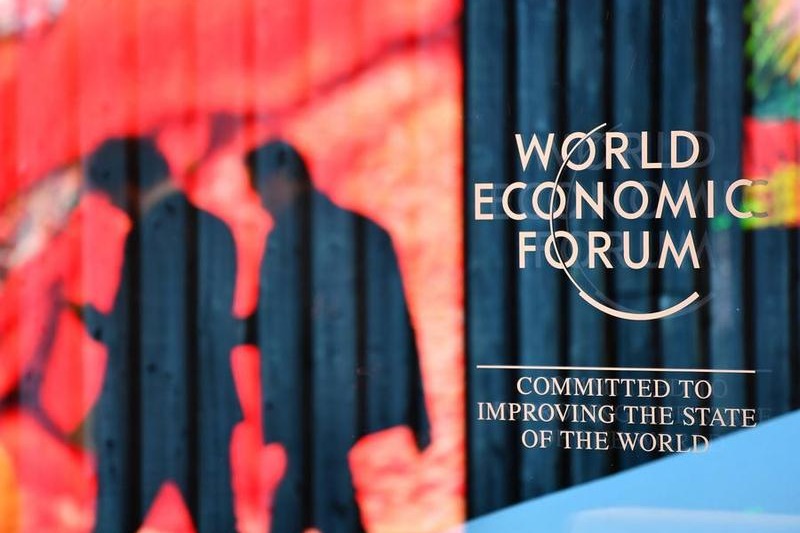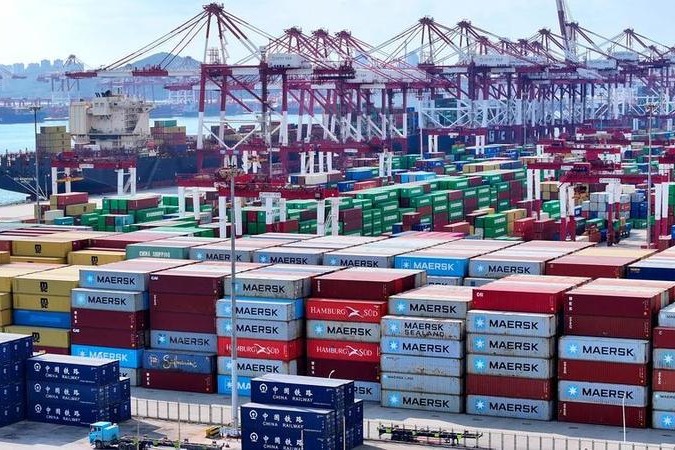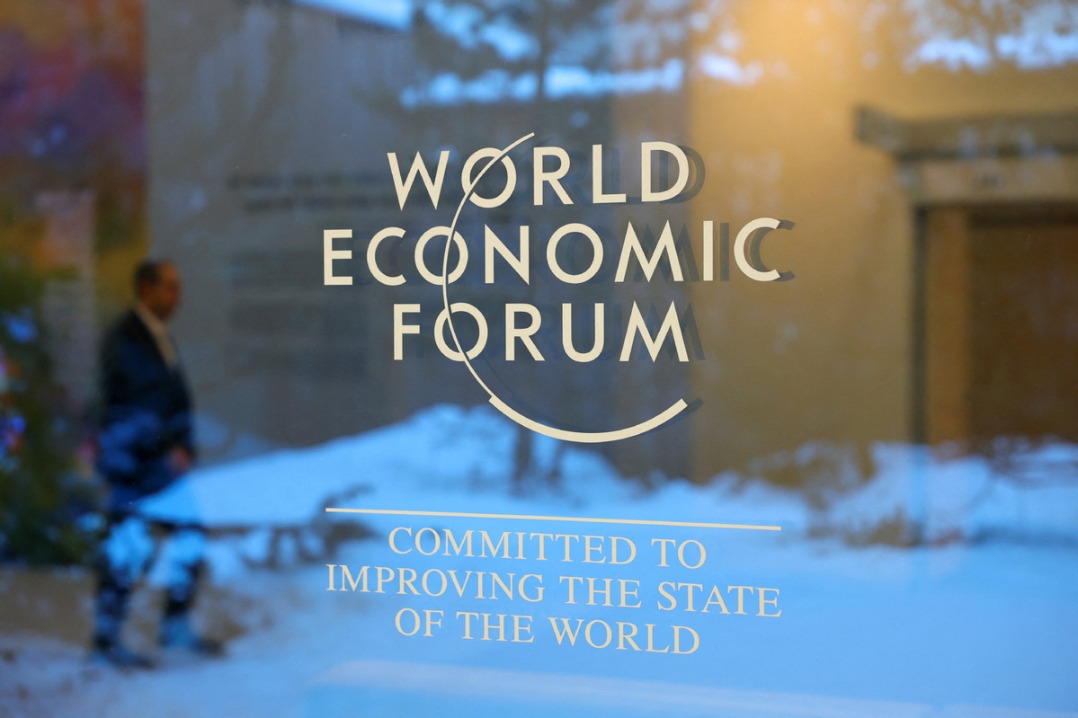Statecraft can help allay mutual mistrust: China Daily editorial


The Chinese Commerce Minister "wasn't available" to meet his new Australian counterpart on the sidelines of the 12th World Trade Organization Ministerial Conference, held in Geneva from Monday to Friday.
On Sunday, Chinese Defense Minister Wei Fenghe had an hour-long meeting with Australia's Deputy Prime Minister and Minister of Defense Richard Marles in Singapore on the sidelines of the Shangri-La Dialogue.
If the former was indicative of how deep the diplomatic freeze between the two once-close trading partners has been over the past more than two years, the latter inspired hopes for an end to the diplomatic deadlock that has hurt both dearly.
From repeated appeals from Canberra for Beijing to repair ties, to Premier Li Keqiang's congratulatory message to his newly sworn-in Australian counterpart, Prime Minister Anthony Albanese, expressing Beijing's hopes that the two sides can promote sound relations, both governments seem to desire fence-mending.
After all, China is Australia's largest trading partner, and export earner; and Australia had been one of China's key suppliers of agriculture and energy commodities. Thriving bilateral trade once served both parties exceedingly well. The structures of their respective economies are to a great extent mutually complementary, meaning a healthy trading partnership would be highly mutually beneficial.
To borrow President Xi Jinping's oft-cited line on "major country diplomacy", there are a thousand reasons to cultivate and preserve a fine relationship between the two countries, none for ruining it.
However, they appear to be at an impasse.
Albanese said on Tuesday that there could be no formal warming of ties until China ends the sanctions on Australian exports. "It is China that has imposed sanctions, it is China that has changed, and it's China that needs to remove those sanctions," he said, indicating that as far as Canberra is concerned the ball is in Beijing's court.
Beijing, however, thinks the opposite. From Beijing's perspective, the responsibilities are all Canberra's, and it is up to the latter to untie the knot. "To improve China-Australia relations, there is no auto-pilot mode. A reset requires concrete actions," a foreign ministry spokesman told a regular news briefing in Beijing on Wednesday, saying the Australians know who started all this. Clearly, for Beijing the ball is in Canberra's court.
Considering how far and broad the divergences are, hopes for thaw in relations can only be attained by the two sides making efforts to overcome the ideological factors that have led to the current deadlock. The unscheduled meeting between Marles and Wei, the first ministerial contact between Australia and China in nearly three years, was, as the latter said, a "critical first step" in demonstrating that Canberra has returned to statecraft. The two sides need to find ways to show that statecraft is the best way to bridge differences.


































